In the near future, bioreactors will play a crucial role in food production, especially in the production of cultured meat and plant-based alternatives. These new technologies could revolutionise the way we perceive and consume food, similar to how smartphones did for communication.

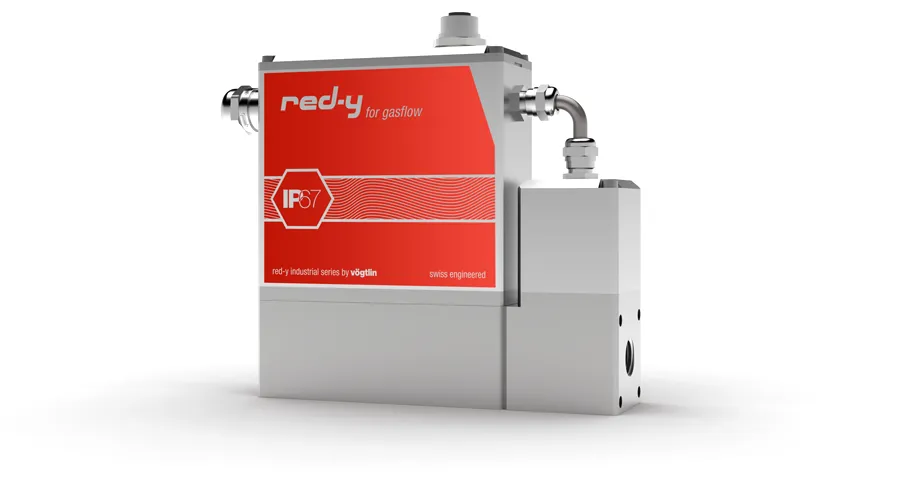
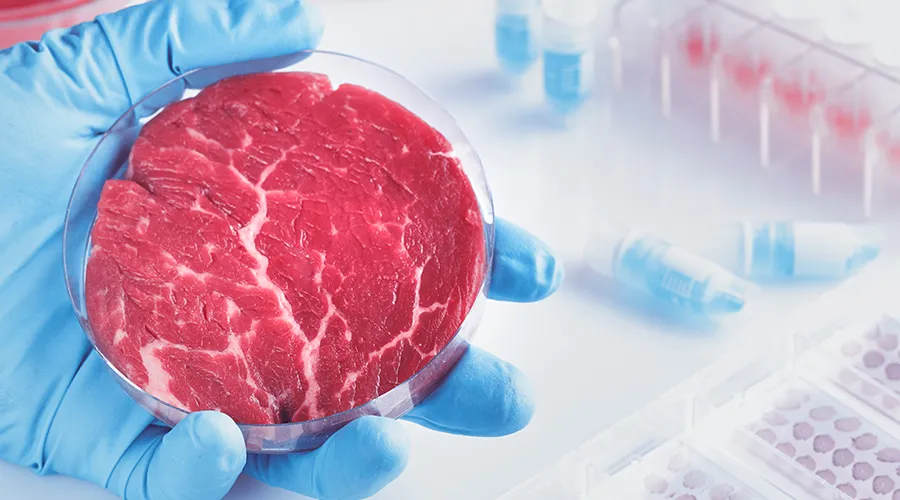
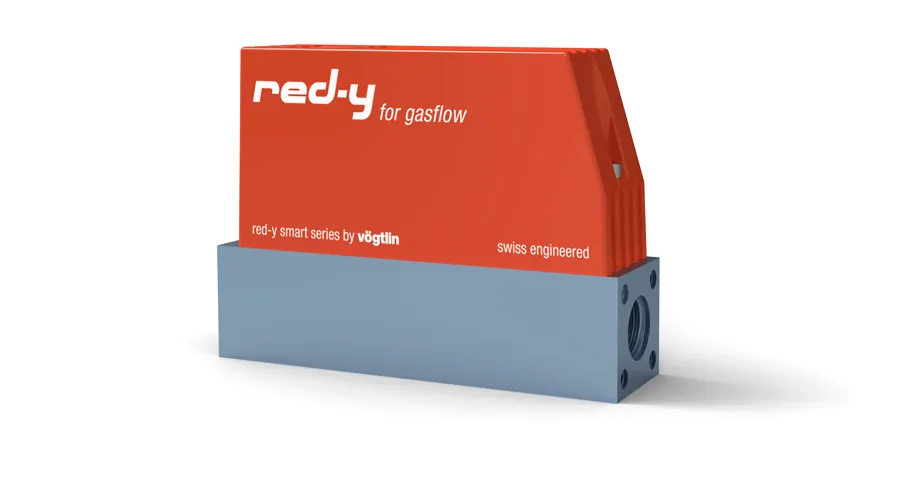
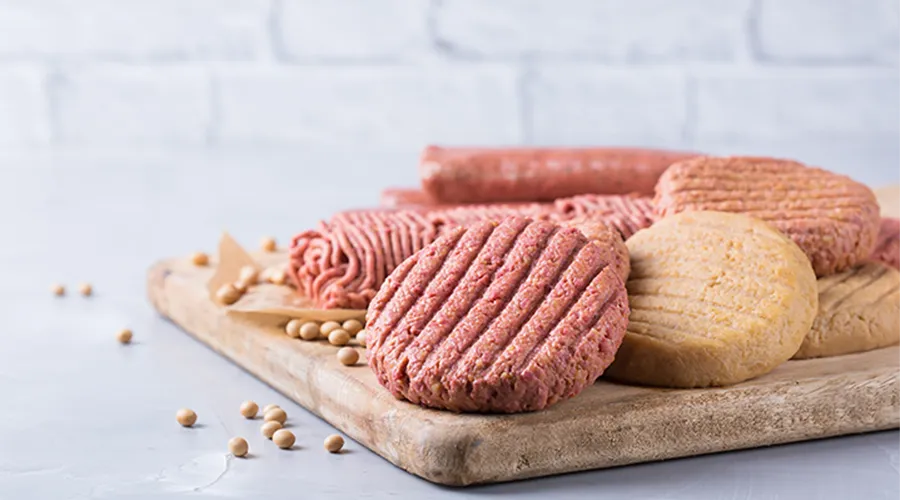
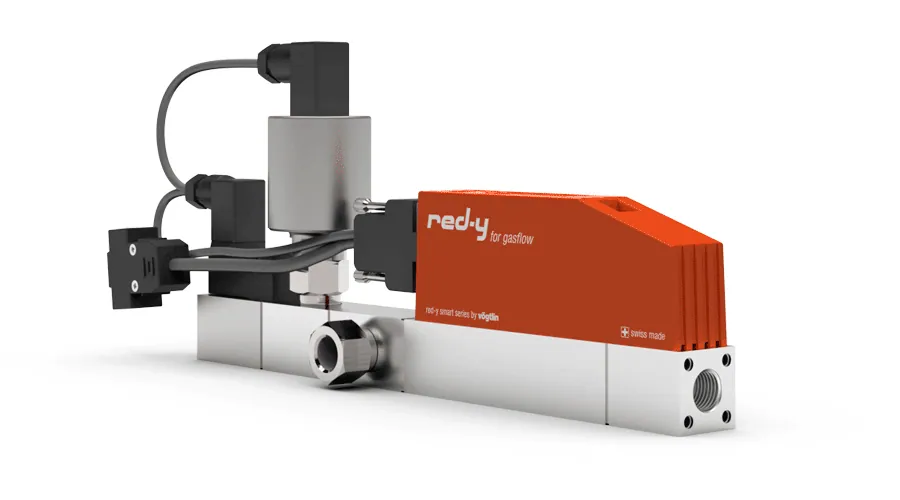
The switch to plant-based and lab-grown meat is being driven not only by the demand for sustainable and ethical solutions, but also by technological innovations, such as precisely controlled fermentation processes.
While many people today find it hard to imagine eating meat produced in bioreactors, in fifty years, it could be as ordinary as using a smartphone. Technologies behind these processes, such as precise mass flow controllers and automated gas control systems, enable scalable and sustainable food production. These devices, which were originally used in the pharmaceutical and chemical industries, are set to play a central role in the future of global food supply.
The development of bioreactor technology and its precise control systems may be the key to overcoming many global challenges, from feeding a growing world population to reducing greenhouse gases and animal suffering. Just as Martin Cooper’s first telephone call in 1973 laid the foundation for a new era of communication, today’s pioneering work in biotechnology could lead to a change in our food culture.
Cultured meat is produced by taking animal cells and growing them in a culture medium under controlled conditions in the laboratory. These cells multiply and form muscle tissue, which can then be processed into meat products without the need to slaughter animals.
The greatest challenge in working with bioreactors lies in the extreme sensitivity of the processes. Especially in critical and delicate applications, mass flow controllers must not only be reliable, but also highly repeatable and flexible to ensure stable conditions.
In order for the cell cultures to achieve optimum growth, the ambient conditions such as oxygen content and pH value (CO2) must be adapted to the volume (growth) of the cultures and readjusted. You start with a small volume of cell cultures. By supplying nutrient solution and the corresponding gas atmosphere, the cells grow over a longer period of time and thus increase in volume. The challenge is to adjust or readjust the flow rate from the small volume to the end of the process with the large volume. A wide dynamic range of gas control is essential here. Vögtlin’s flow controllers easily manage a dynamic range of 1:1000, e.g. 0.1 to 100 ln/min.
The Vögtlin mass flow instruments guarantee flexibility due to:
Vögtlin provides simple stand-alone solutions for bench-top systems, as well as IP67 (NEMA6) and EX-certified units that can be used in laboratories where regular cleaning with high-pressure waterjet cleaners is required. Control can be done in many various ways: we offer complete gas mixing systems and stand-alone units that communicate via Modbus, Profibus and analog signals. Other options include VB, C++, LabVIEW or ready-to-use data collection programs. Our units are available in flow ranges from the smallest SCCM up to 450 SLPM. For system manufacturers, Vögtlin develops and manufactures complete OEM solutions.
Follow us:
Vögtlin Instruments GmbH
gas flow technology
St. Jakob-Strasse 84
4132 Muttenz, Switzerland
Vögtlin Instruments GmbH
is a company of TASi Measurement
©2024 Vögtlin Instruments GmbH Switzerland · All rights reserved.